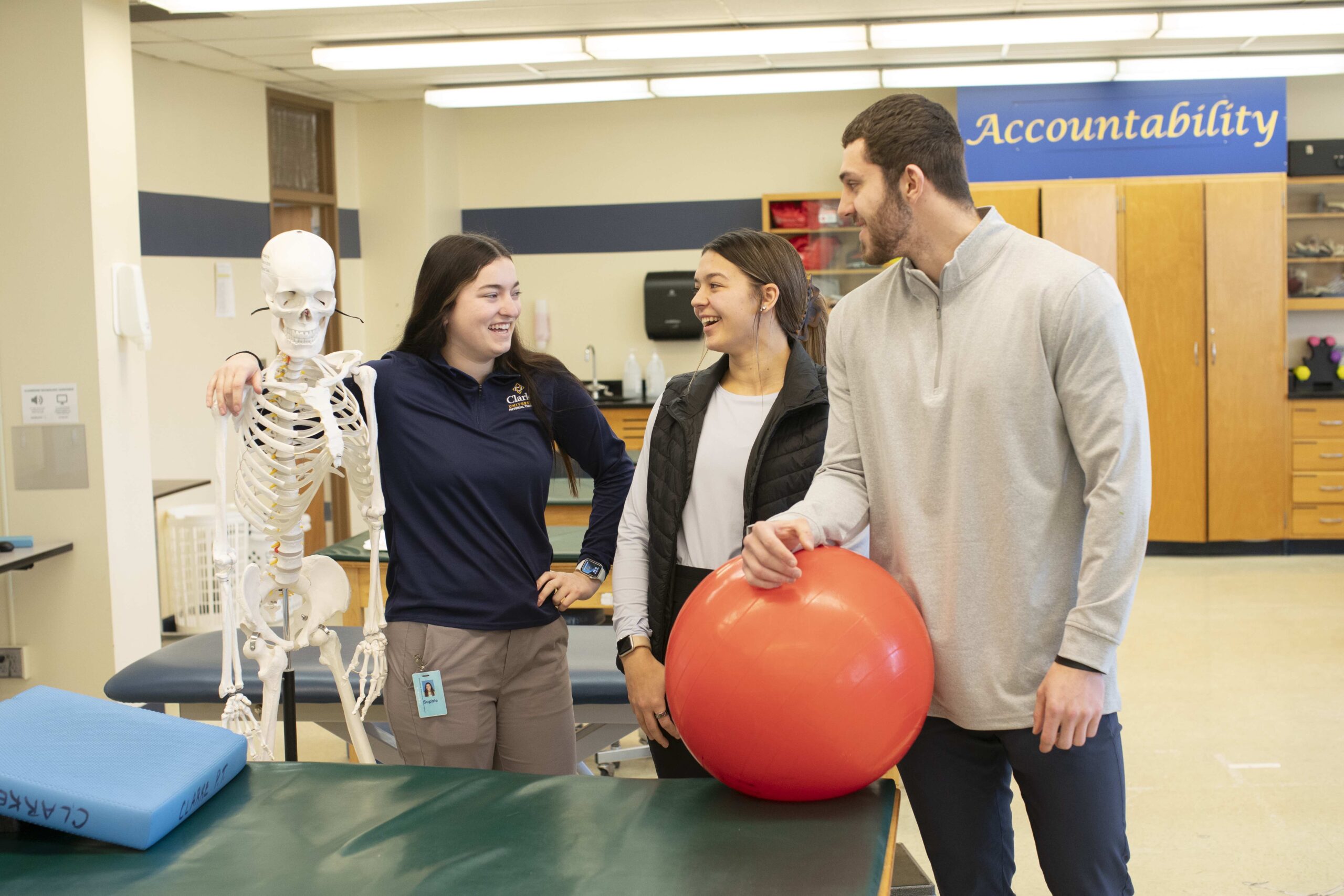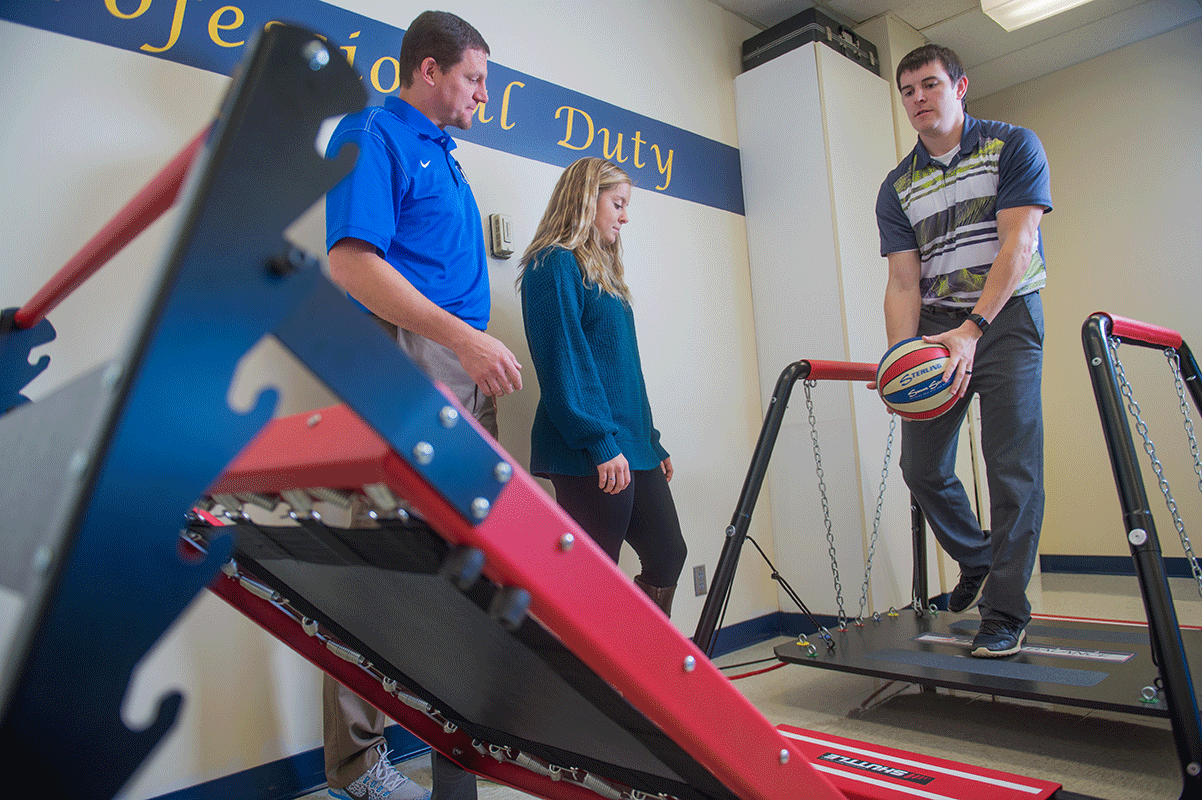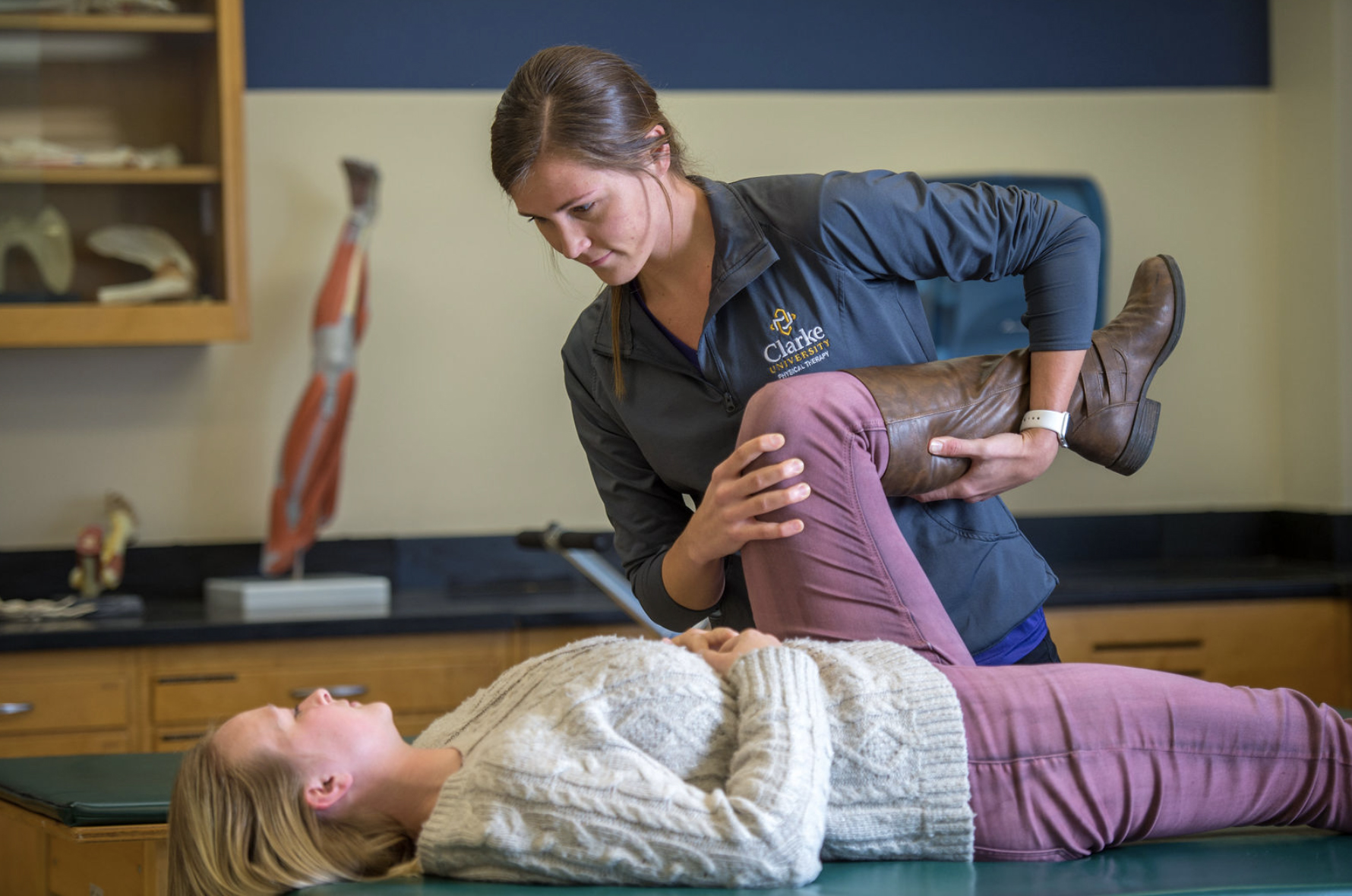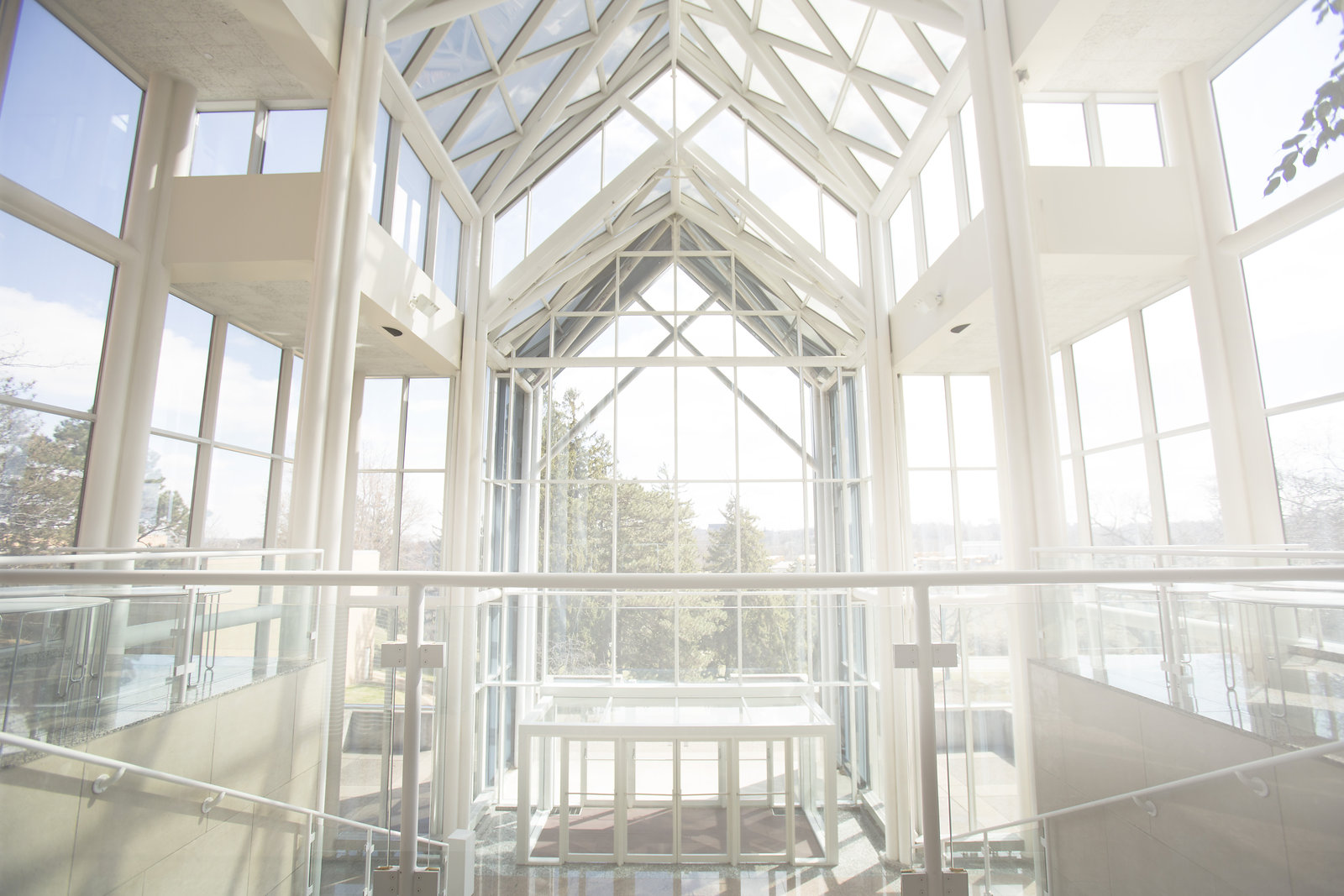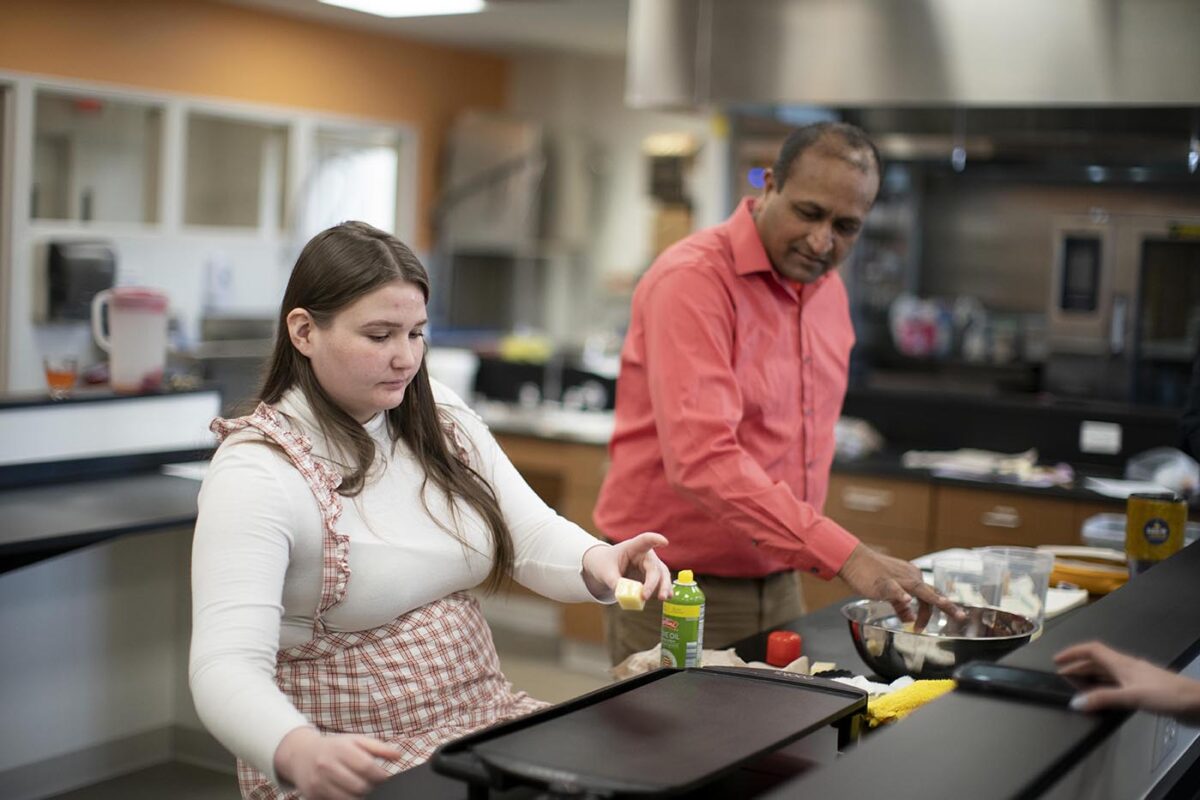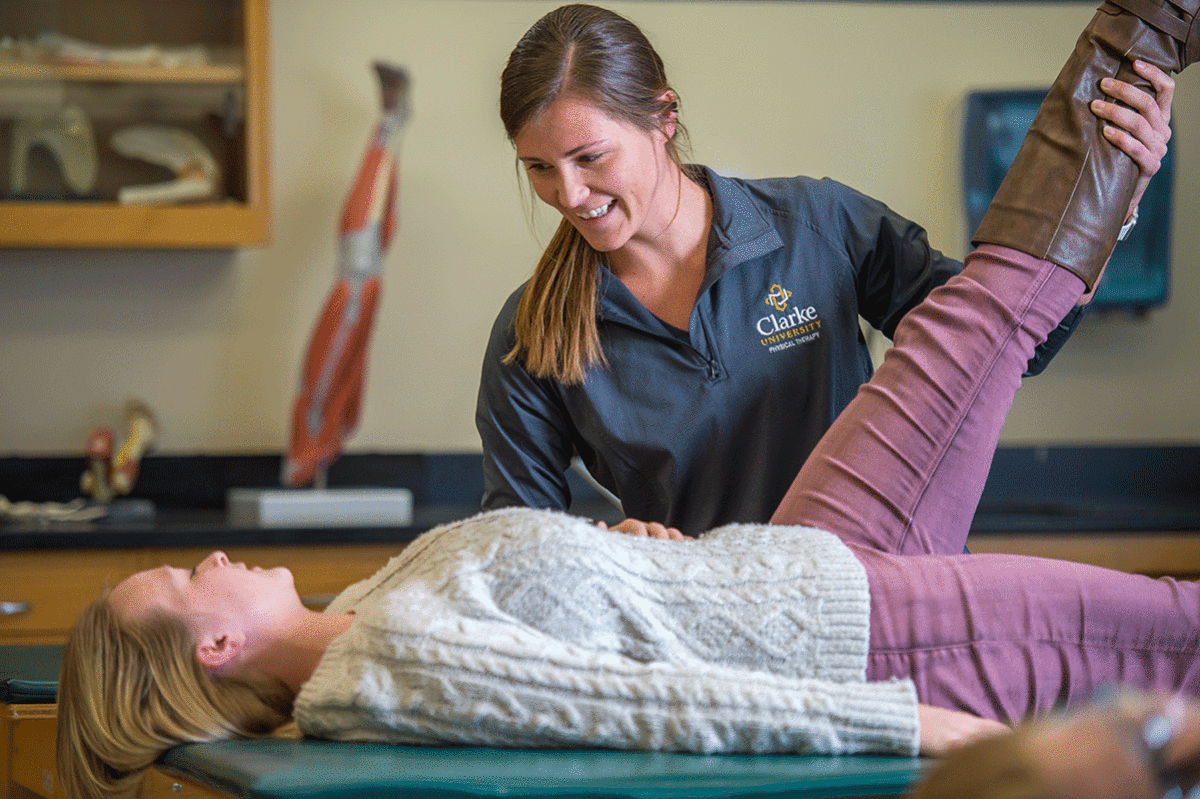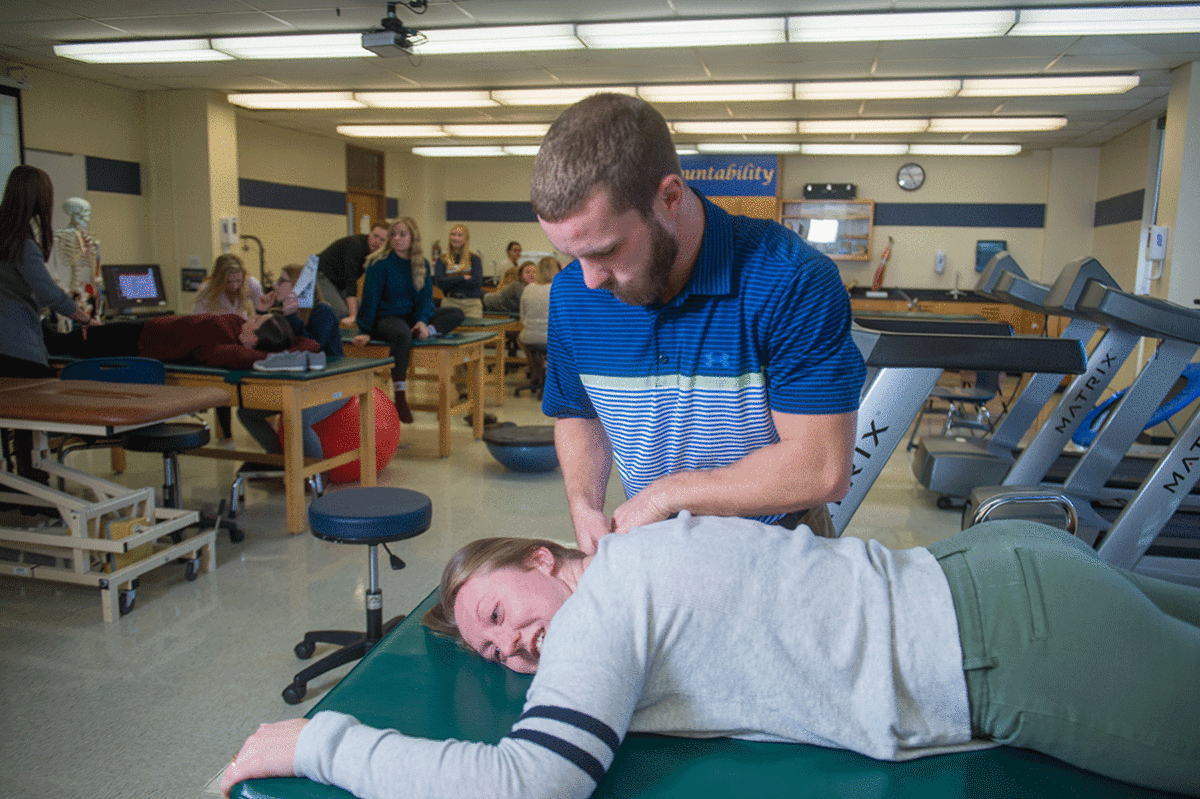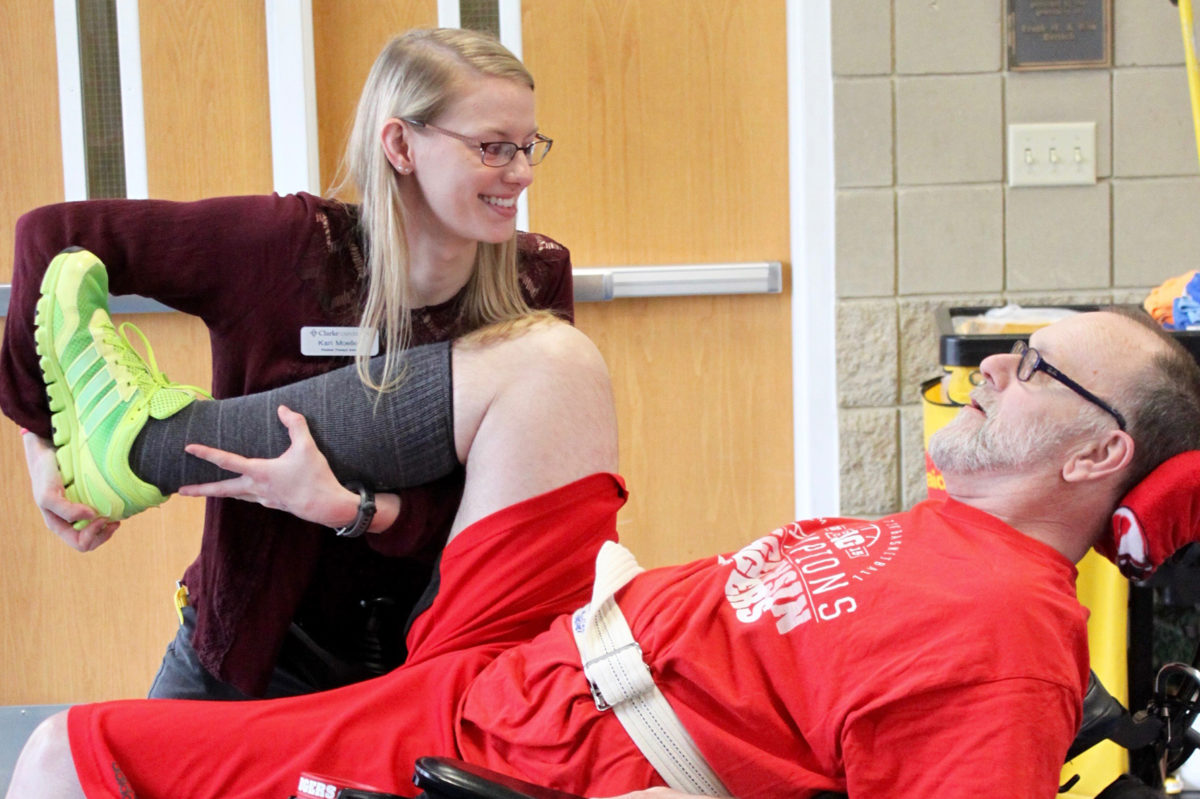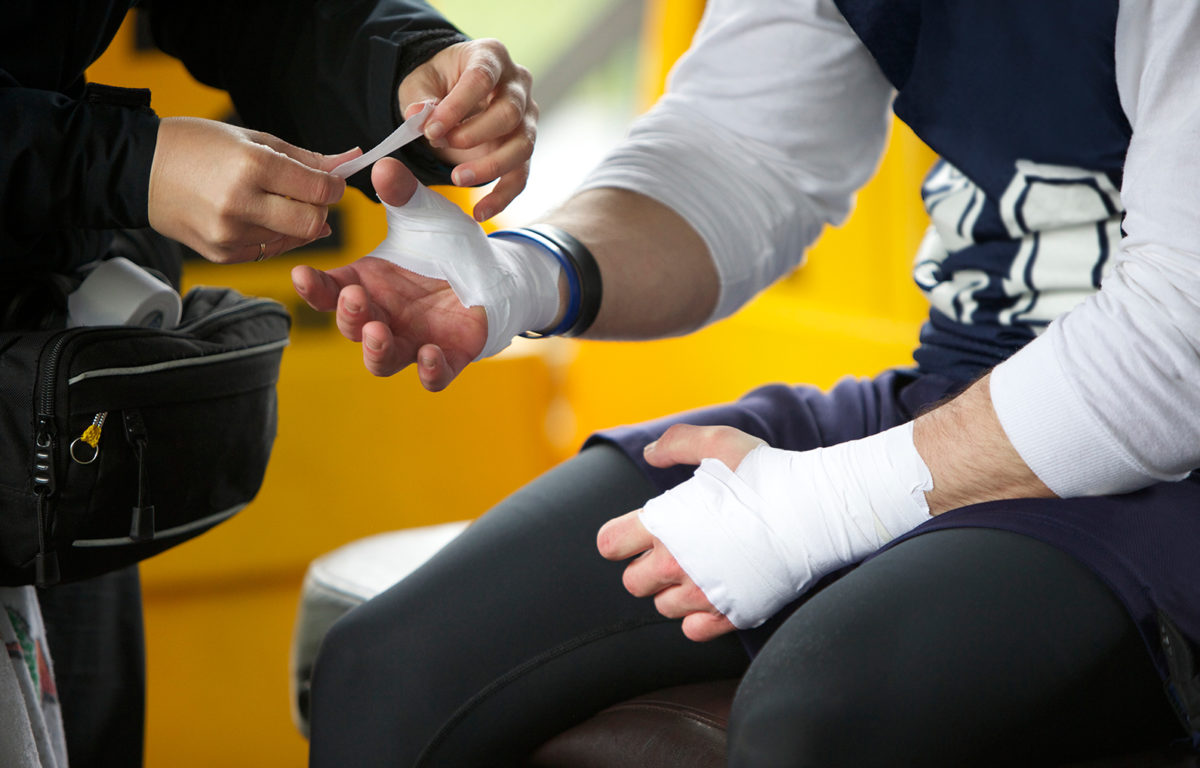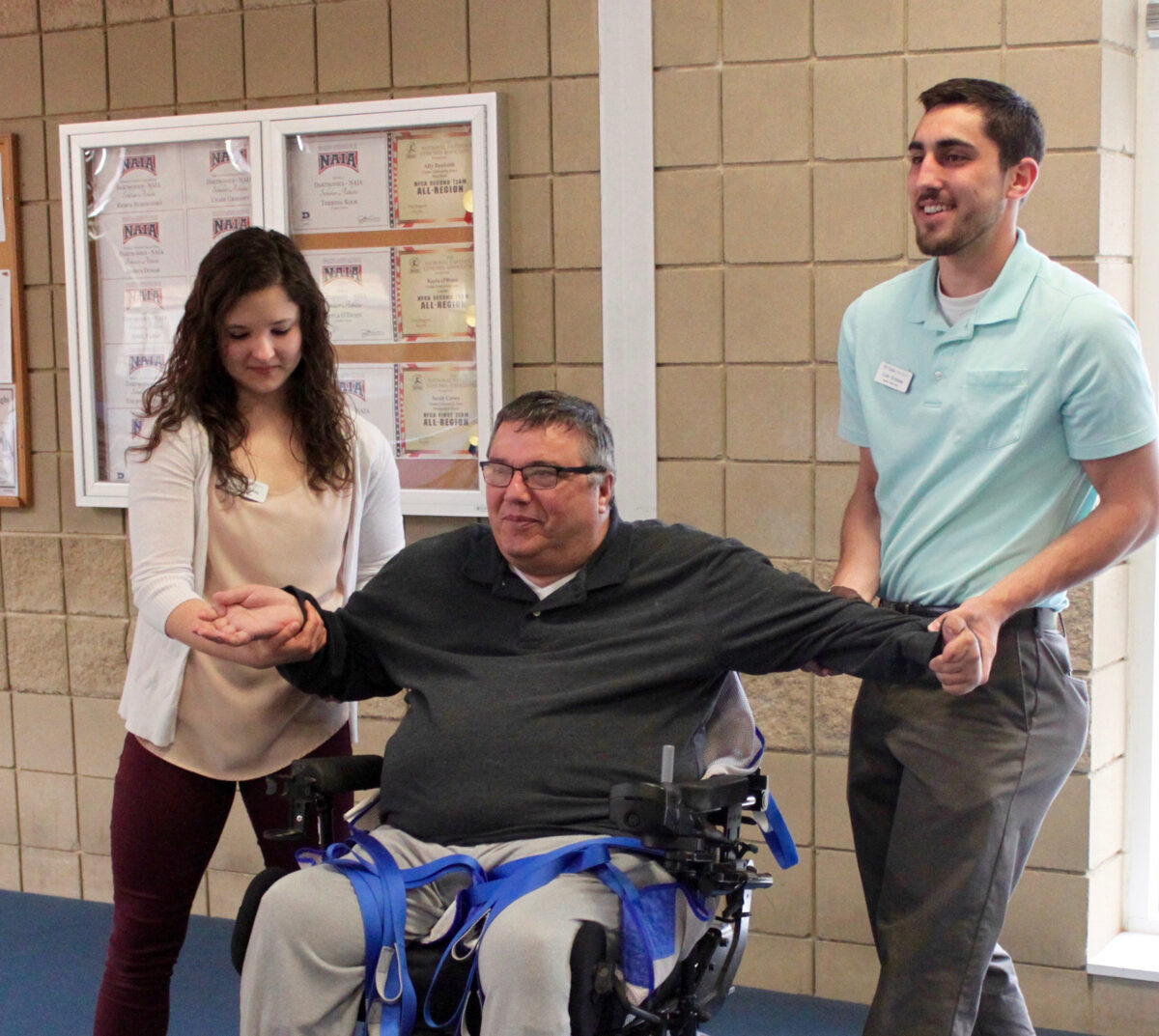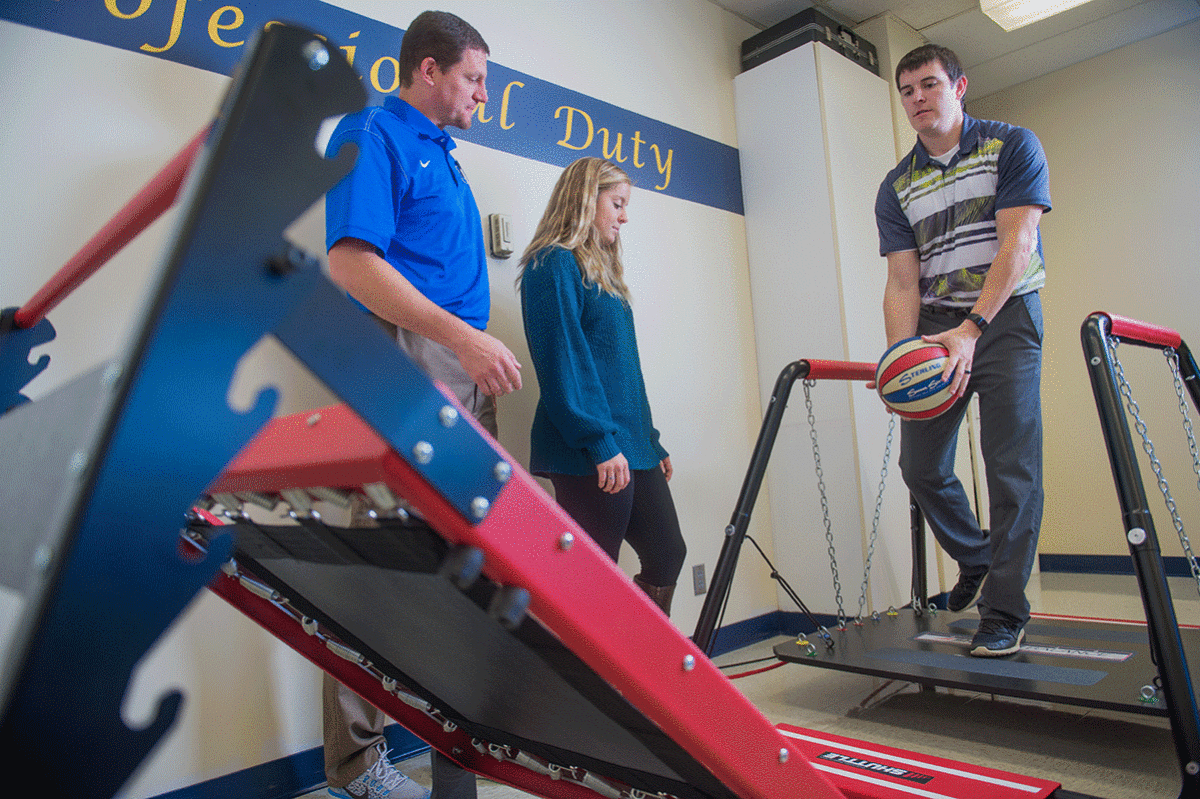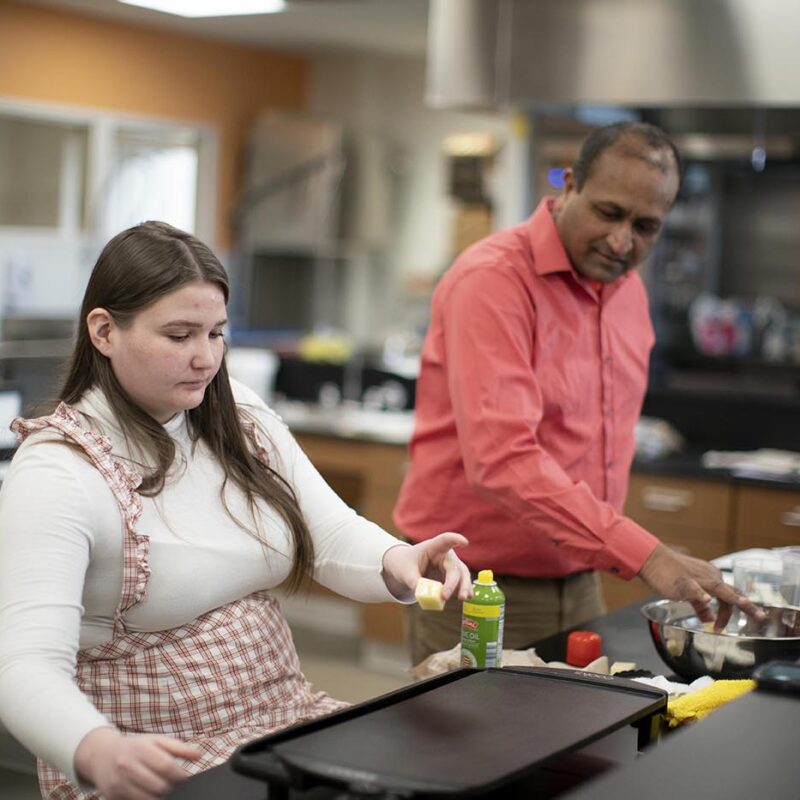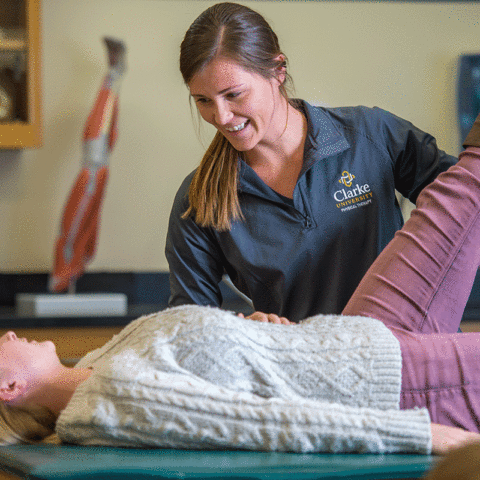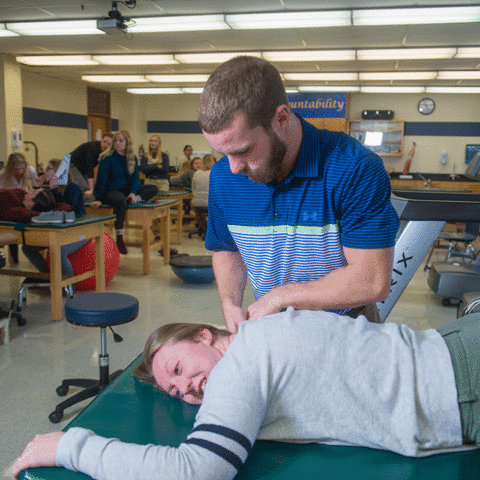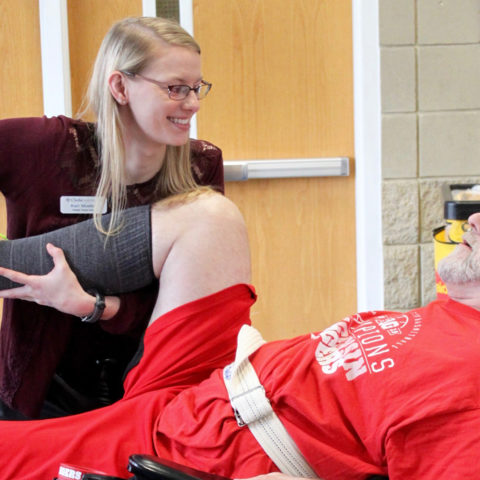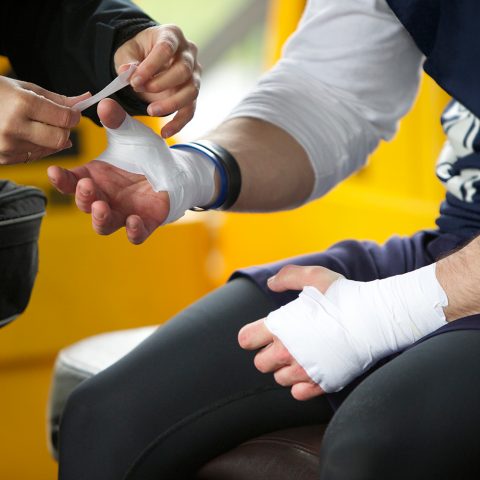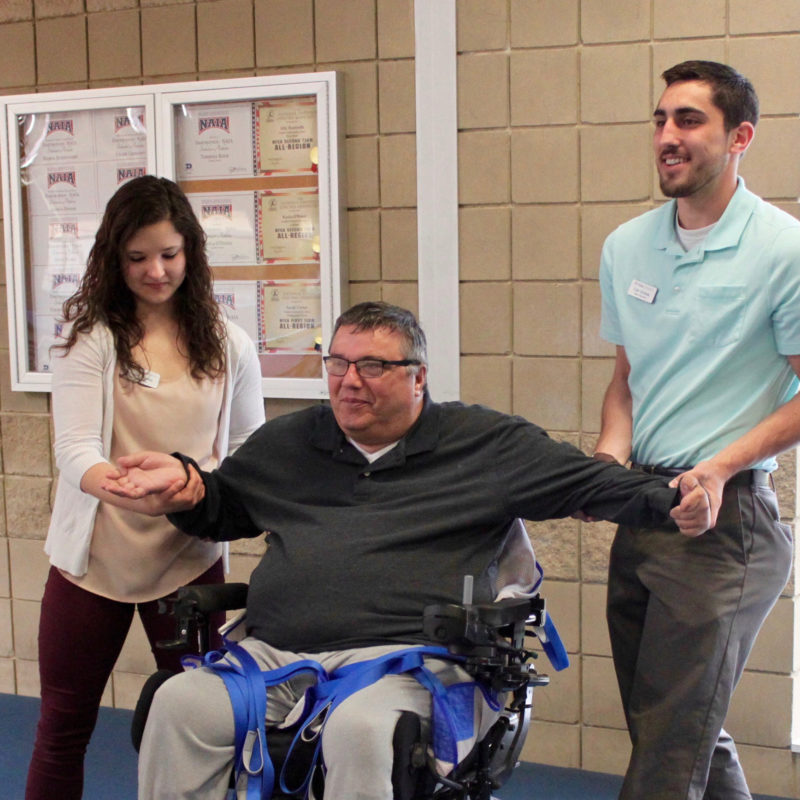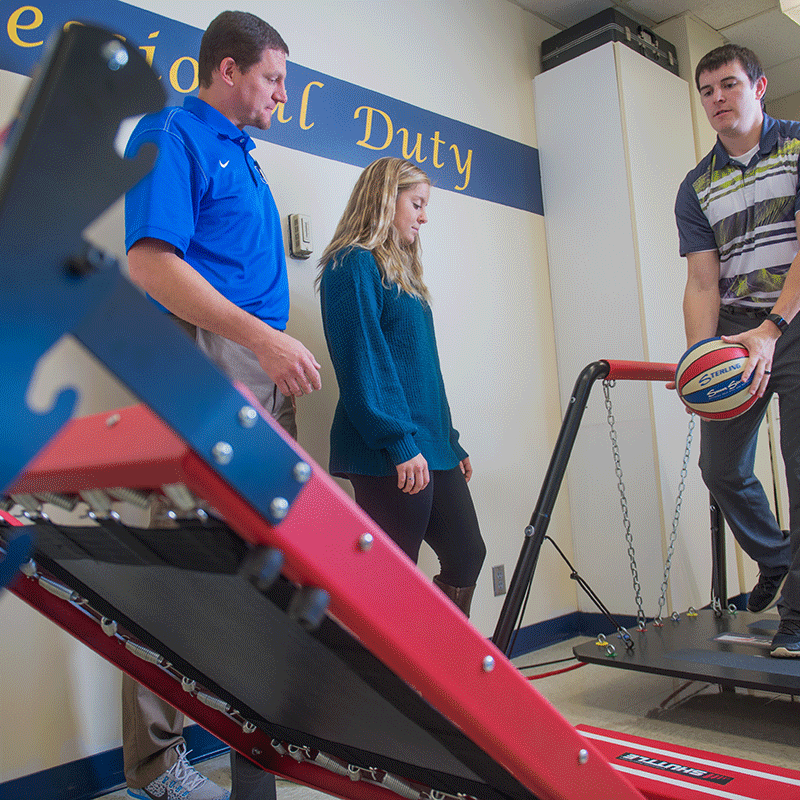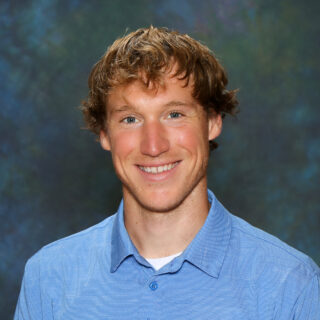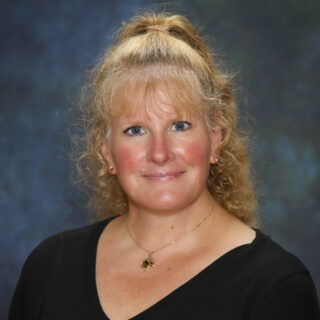A Degree to Match Your Goals
Clarke’s Exercise Science program offers several degree pathways. With a Bachelor of Science in Exercise Science, you’ll focus on anatomy and physiology, kinesiology, and other lab-based work.
The Bachelor of Arts in Exercise Science dives into motivation and emotion, sport management, and coaching, preparing you to assist clients reach peak performance or recover from injury.
Alternatively, you may choose to complete your teaching degree with a double major in Exercise Science and Education. With this track, you earn the grades K-8 and 5-12 Physical Education and K-12 Coaching endorsements for an Iowa teaching license.
No matter what path you choose, you will enjoy opportunities for internships, work with real clients, and gain the experience you need to jumpstart your career.

